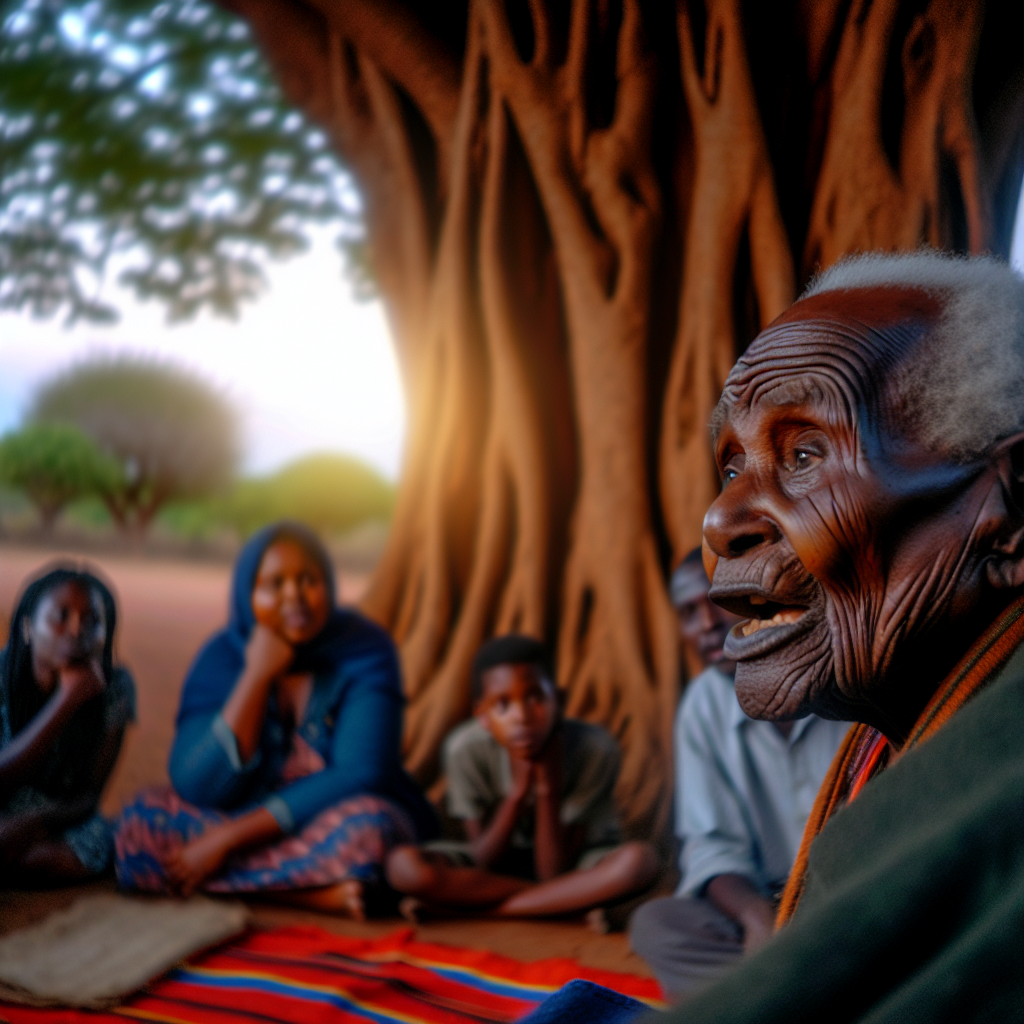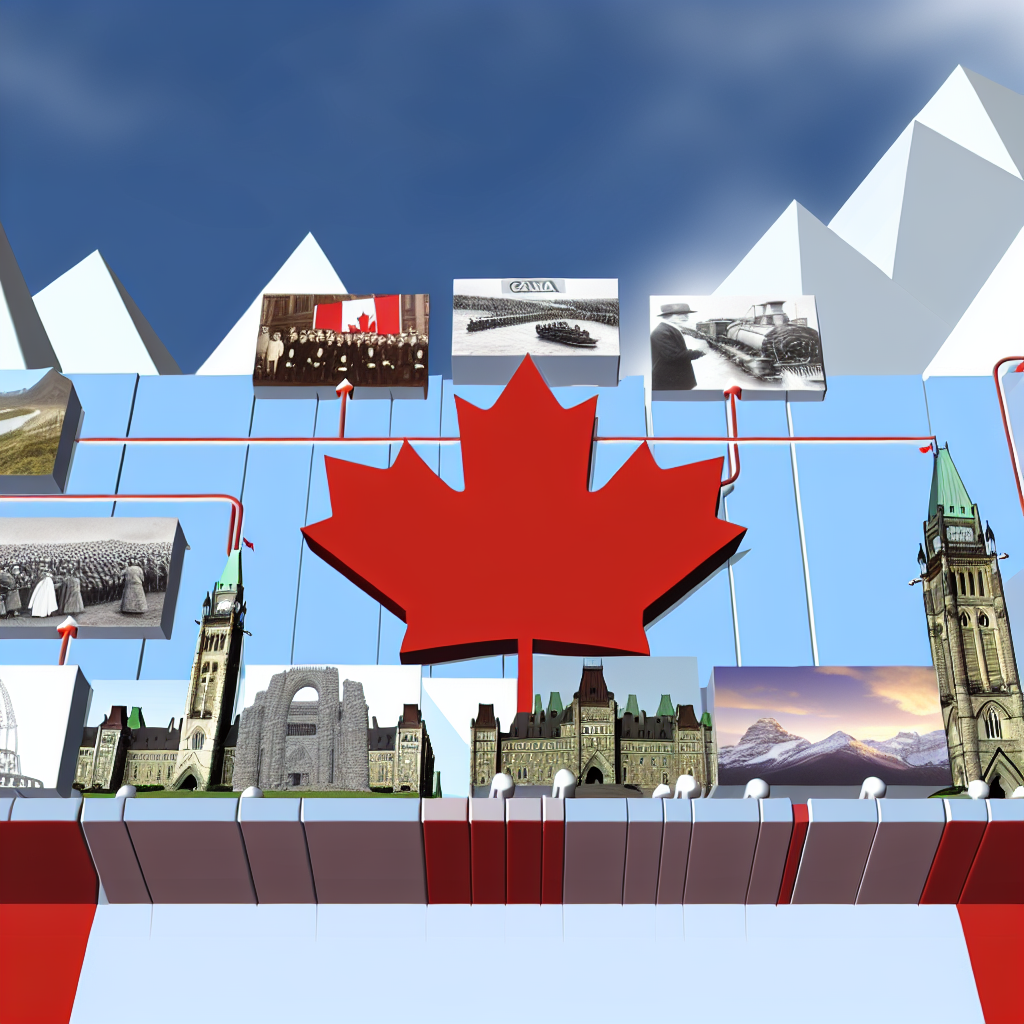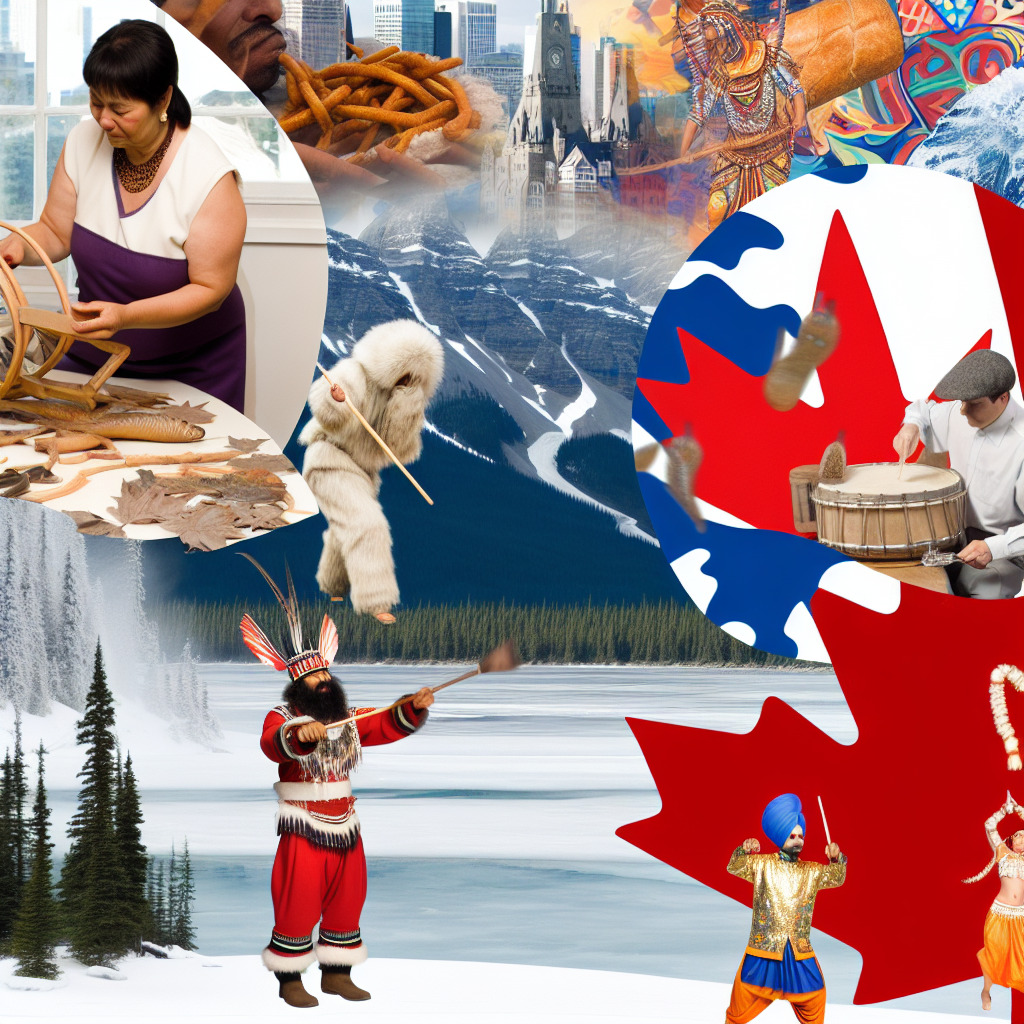Canada's deep connection with Indigenous peoples, evolution from colonization to Confederation, and key events in modern history that have shaped the country's identity and values.
Canada is a country rich in history, with a diverse tapestry of cultures and peoples that have shaped its past and present. From its Indigenous roots to the colonization by European powers and eventual formation of a nation, Canadian history is a fascinating journey through time. In this article, we will explore the various chapters of Canadian history, from the ancient traditions of the First Nations to the modern developments that have shaped the country we know today. Join us as we delve into Canada's Indigenous roots, the evolution of the nation from colonization to Confederation, and key events and movements in recent Canadian history.
- 1. "Exploring Canada's Indigenous Roots: A Look at First Nations History"
- 2. "From Colonization to Confederation: The Evolution of Canada as a Nation"
- 3. "Modern Canada: Key Events and Movements in Recent Canadian History"
1. "Exploring Canada's Indigenous Roots: A Look at First Nations History"

Canada's history is deeply intertwined with the rich and diverse cultures of its Indigenous peoples, known as First Nations. These Indigenous communities have inhabited the land now known as Canada for thousands of years, long before the arrival of European settlers.
First Nations history is characterized by a deep connection to the land, with many communities relying on hunting, fishing, and agriculture for their sustenance. Each First Nations group had its own unique languages, traditions, and governance structures, which varied widely across the vast expanse of the country.
The arrival of European explorers and settlers in the 15th and 16th centuries brought significant changes to the lives of Indigenous peoples. The fur trade, the spread of diseases, and the imposition of colonial policies all had profound impacts on First Nations communities. Despite these challenges, Indigenous peoples have continued to resist and adapt to changing circumstances, preserving their cultures and traditions for future generations.
Today, First Nations communities across Canada are working to reclaim and revitalize their languages, cultures, and governance systems. The Truth and Reconciliation Commission, established in response to the legacy of residential schools, has paved the way for greater recognition of the injustices faced by Indigenous peoples and the need for reconciliation.
Exploring Canada's Indigenous roots is essential to understanding the country's history and identity. By acknowledging and honoring the contributions of First Nations peoples, we can move towards a more inclusive and equitable society that respects the rights and sovereignty of Indigenous communities.
2. "From Colonization to Confederation: The Evolution of Canada as a Nation"

From colonization to Confederation, Canada has undergone a significant evolution as a nation. The history of Canada began with the arrival of European explorers and settlers in the 15th century, leading to the colonization of the land by the French and British. Throughout the centuries, the territory that is now known as Canada changed hands multiple times between the French and British empires, with the British ultimately emerging as the dominant colonial power.
The road to Confederation, which saw the unification of the colonies of British North America into a single Dominion in 1867, was not without its challenges. The process involved intense political negotiations, debates, and compromises among the various colonies, each with their own interests and identities. The desire for increased self-governance and unity against external threats, such as the American expansionism, played a significant role in the push towards Confederation.
The British North America Act of 1867, which established the Dominion of Canada, laid the foundation for the country's federal system of government, with powers divided between the federal government and the provinces. This marked a crucial turning point in Canadian history, as it paved the way for the country to grow and develop as a unified nation.
Since Confederation, Canada has continued to evolve as a nation, facing challenges and opportunities that have shaped its identity and character. From its involvement in major world events, such as the World Wars and the Cold War, to its efforts to promote multiculturalism and bilingualism, Canada has demonstrated its commitment to diversity, inclusivity, and peace.
Overall, the journey from colonization to Confederation has been a complex and dynamic process, highlighting the resilience and adaptability of the Canadian people in building a strong and prosperous nation.
3. "Modern Canada: Key Events and Movements in Recent Canadian History"

Modern Canada has seen a number of key events and movements that have shaped the country in recent history. One major event that has had a significant impact on Canada is the signing of the North American Free Trade Agreement (NAFTA) in 1994. This agreement, which eliminated trade barriers between Canada, the United States, and Mexico, has had a profound effect on the Canadian economy and has influenced many aspects of Canadian society.
Another important event in recent Canadian history is the legalization of same-sex marriage in 2005. Canada became one of the first countries in the world to legalize same-sex marriage, marking a significant step forward in the fight for LGBTQ rights in the country.
In addition to these key events, there have been several important movements in recent Canadian history that have helped shape the country. The Idle No More movement, which began in 2012, brought attention to issues facing Indigenous peoples in Canada and sparked a national conversation about reconciliation and Indigenous rights. The movement gained widespread support and brought these important issues to the forefront of Canadian politics and society.
Overall, these key events and movements in recent Canadian history have played a significant role in shaping the country and have helped to define modern Canada as a diverse and inclusive society.
In conclusion, Canadian history is a rich tapestry that weaves together the stories of Indigenous peoples, European colonization, and the emergence of a modern nation. By exploring the roots of Canada's Indigenous peoples, the evolution of the country through colonization and Confederation, and key events and movements in recent history, we gain a deeper understanding of the diverse and dynamic history of Canada. As we continue to reflect on the past and strive towards a more inclusive and equitable future, it is important to remember the contributions and struggles of all those who have shaped this great nation.





